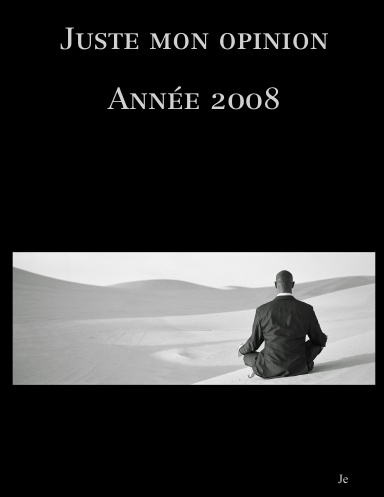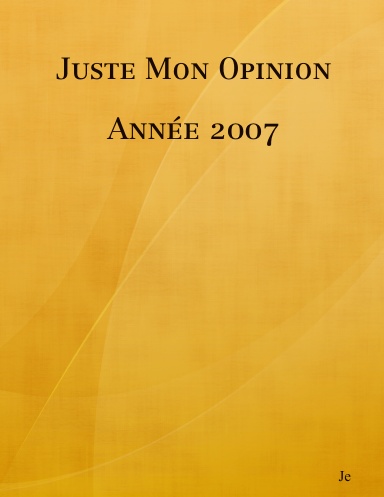Humans didn’t even exist 25 million years ago but agriculture
did and so did termites. The oldest fossil evidence of agriculture
discovered by scientists is pointing towards termites and insects.
Scientists have evidence of ancient underground farming on a micro
scale carried out by termites. Homo sapiens didn’t even exist then. The
farmers who tilled ancient plots some 25 million years ago were termites
and their produce was fungus.
The research team, led by Eric Roberts of James Cook University
and that also included researchers from Ohio, have discovered the oldest
known examples of “fungus gardens” in 25 million-year-old fossil
termite nests in East Africa. The fossilised termite gardens that
exposed cliff sides in the Rukwa Rift Basin of southwestern Tanzania
uncovered are the oldest physical evidence of farming on Earth.
According to the study, published in journal PLOS ONE,
certain termite species cultivate fungi in “gardens” in subterranean
chambers or nests that help them convert plant material into more easily
digestible termite food source. DNA from modern termites revealed that
termite fungus farming started around 25 to 30 million years ago.
Tanzania’s fossil evidence confirmed the date and also allowed the
researchers to specifically characterise evolution and timing of the
symbiotic relationship between termites and fungi.
“The origin of this behaviour likely had a profound effect on how
nutrients were concentrated across the landscape, influencing the
evolution of Africa's biota,” study co-author Nancy Stevens of Ohio
University said in a statement.
Program director in the National Science Foundation (NSF) Directorate
for Geosciences, Paul Filmer, said that as termites digest 90 percent
of the wood in the dry environment, a better understanding of the
symbiotic relationship development will help in gaining “knowledge of
the history of carbon cycling in this region.”
Wageningen University in the Netherlands researcher Duur Aanen
compared the termite farming process to humans and domesticated
livestock and crops that happened tens of millions of years later. The
changeover to fungus agriculture improved the variety of possible
habitats for both the fungus-growing termites and domesticated fungi.
It is believed that termite agriculture flourished in the cradle of
the African rainforest. Fungiculture allowed termites to spread out to
less hospitable areas and eventually spread out to Asia.
“This study emphasises the need for integrating perspectives from the
fossil record with modern approaches in comparative biology -- it's a
holistic approach to evolutionary biology and increases our
understanding of environmental change in 'deep time,” said scientist
Patrick O'Connor of Ohio University.
Source : http://www.ibtimes.com.au/termites-not-humans-invented-farming-25-million-years-ago-1519895
L'astrophysicien
britannique Stephen Hawking, qui s'exprime par l'intermédiaire d'un
ordinateur en raison d'une maladie, met en garde contre le développement de l'intelligence artificielle. Dans un entretien à la BBC, le scientifique affirme que ce type de technologie pouvait évoluer rapidement et dépasser l'humanité, un scénario comparable à celui des films Terminator.
« Les formes primitives d'intelligence artificielle que nous avons déjà se sont montrées très utiles. Mais je pense que le développement d'une intelligence artificielle complète pourrait mettre fin à l'humanité », a affirmé le professeur dans cet entretien. « Une fois que les hommes auraient développé l'intelligence artificielle, celle-ci décollerait seule, et se redéfinirait de plus en plus vite », a-t-il déclaré. « Les humains, limités par une lente évolution biologique, ne pourraient pas rivaliser et seraient dépassés », poursuit M. Hawking, considéré comme un des plus brillants scientifiques vivants.
Atteint de la maladie de Charcot, autrement appelée sclérose latérale amyotrophique ou SLA, Stephen Hawking se déplace en fauteuil roulant et parle à l'aide d'un ordinateur. Il reste en faveur des nouvelles technologies de communication et a déclaré avoir été un des premiers à être « connecté » aux débuts d'Internet.
RISQUES LIÉS À INTERNET
M. Hawking déclare qu'Internet avait apporté à la fois des dangers et des bénéfices, citant un avertissement du nouveau chef du Government Communications Headquarters (GCHQ – l'agence d'espionnage électronique britannique), selon lequel Internet était devenu un centre de commandement pour criminels et terroristes. « Les entreprises d'Internet doivent faire plus pour contrer la menace, mais la difficulté est de le faire sans sacrifier la liberté et la vie privée », soutient l'astrophysicien âgé de 72 ans.
Stephen Hawking annonce que son système de communication, amélioré par le groupe américain Intel, sera accessible gratuitement à la communauté scientifique en janvier 2015. Tout en saluant les progrès, le scientifique affirme ne pas vouloir changer sa voix robotique, qui provient d'un synthétiseur conçu initialement pour un service d'annuaire téléphonique. « Cette voix était très claire bien qu'un peu robotique. Elle est devenue mon signe distinctif et je ne la changerais pas pour une voix plus naturelle avec un accent britannique, dit-il à la BBC. Apparemment les enfants qui ont besoin d'une voix synthétique en veulent une comme la mienne. »












